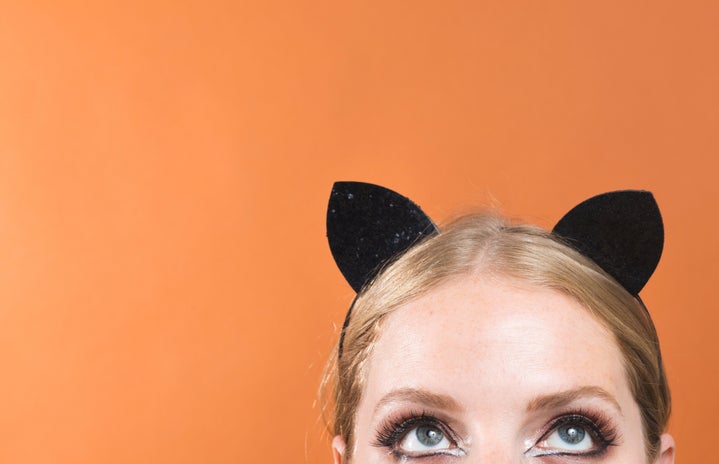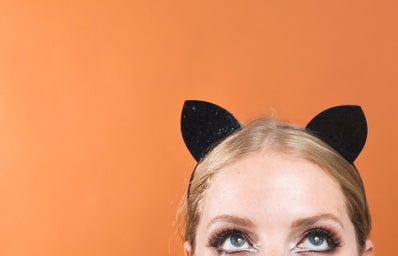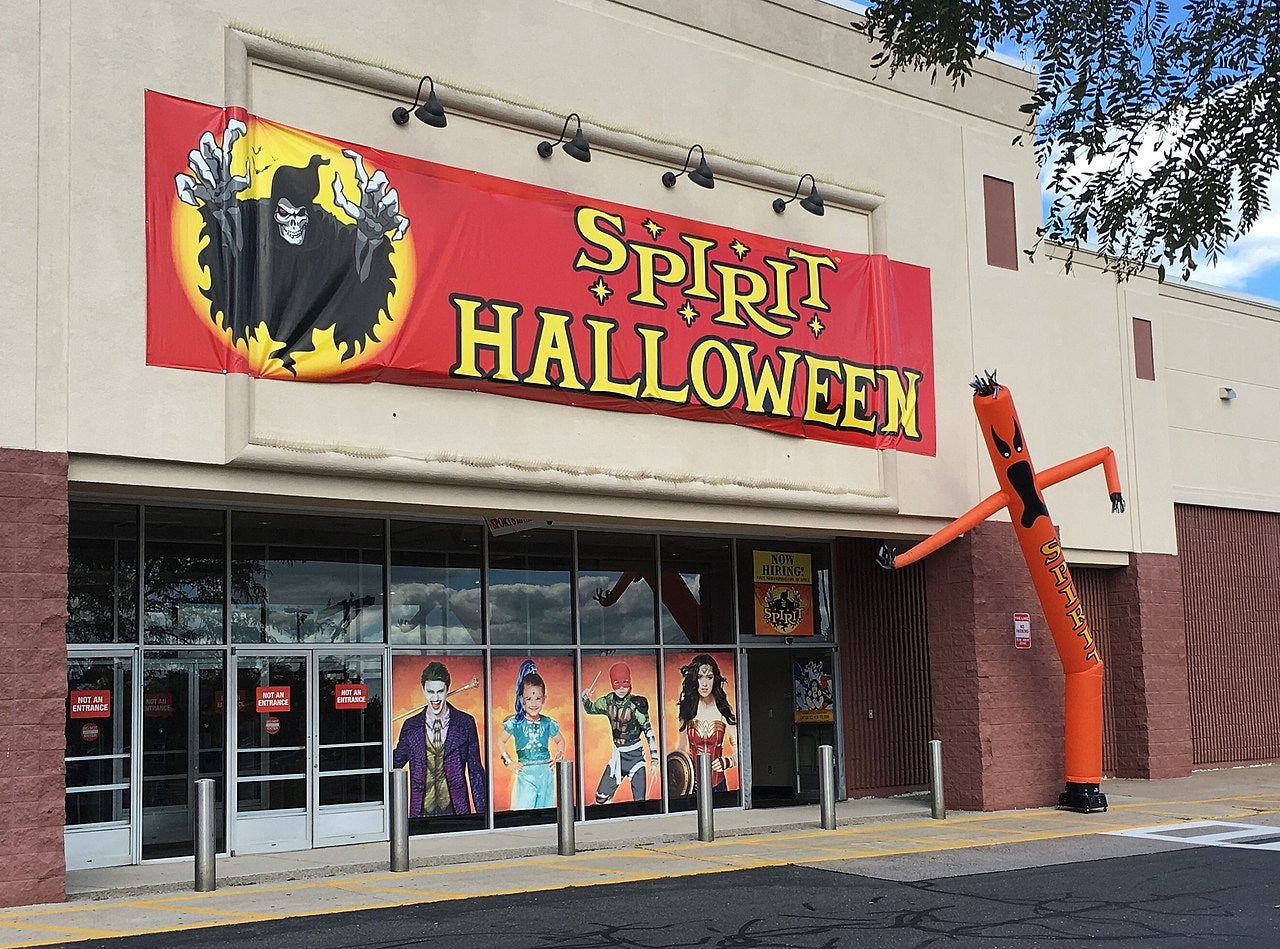In 2019, the Spirit Halloween website alleged that “women love dressing up in sexy Halloween costumes and showing off some skin because it’s fun.”
In October, 2019, I was a high school junior who went as Barnacle Boy for Halloween. The complete outfit featured a red long-sleeved shirt, black pants, and blue rain boots. My best friend had a similar outfit as Mermaid-Man. Clearly, Spirit’s generalization does not hold true for all women.
However, it does raise an important point: many female Halloween costumes revolve around sexuality. When strolling the aisles of any Halloween store, you’re likely to find women’s costumes labeled with things such as “naughty nurse” and “battlefield babe.” In 2018, online retailer Yandy even sold a sexy costume based on The Handmaid’s Tale (clearly, they didn’t understand the story).
The question is: why are so many women’s costumes like this? Does it come from a place of problematic objectification or a place of female sexual empowerment?
To better understand, let’s discuss the history of this trend. During the Golden Age of Hollywood, young actresses were contractually obligated to promote the movie studios they worked for. The promotions were sometimes seasonally themed, and around Halloween, the actresses were often pictured in revealing costumes. But sexy costumes didn’t hit the general population until decades later. With the introduction of the gay rights movements and LGBTQ+ Halloween parades in the final decades of the 20th century, Halloween became a more “adult” holiday and sexual costumes became more normalized.
Not much has changed in the last few decades. We’ve seen this normalization of sexy costumes in popular media and culture today. Beloved movies and TV shows such as Mean Girls and Hulu’s Tell Me Lies have depicted Halloween parties attended by high school and college-age women, and almost all of the female characters are shown in skin-bearing costumes. This representation of the way women dress for Halloween parties just adds to the societal pressure to “dress sexy” that many young women already experience.
In fact, sexy Halloween costumes became so mainstream that today, women’s Halloween costumes are based almost entirely on physical attractiveness. One study found that the marketing for women’s Halloween costumes involves more appearance-heavy terminology, such as “hot” and “cute,” while the marketing for men’s costumes involved more words such as “scary,” “gross,” and “tough.” The study also found that women’s costumes are, on average, more tight and revealing than men’s costumes, as well as the fact that women’s costumes are less likely to come with masks.
However, the solution is not to take these costumes off the market. Then and now, sexy Halloween costumes can be empowering, as it allows a woman to be an agent of her own sexuality. Feminists from many different backgrounds support the trend of wearing sexy outfits on Halloween. The problem only arises when women are not given the choice of what costume they want to wear; in many cases, the only type of costume for a particular character or object is an overly sexualized version. There is a fine line between empowerment and objectification, and it is drawn by a woman’s ability to decide when and how she owns her sexuality.
This October, my friends and I are dressing up as fairies for Halloween. Our outfits consist of: colored tank tops, skirts, and intricate face makeup. Regardless of whether our costumes are considered slutty or prudish, we love them and the way we look in them. We chose them, after all, and therefore we feel empowered.
So this Halloween, do some internal reflection to make sure you feel happy about the type of costume you wear. In order to avoid the pressure of the male gaze, one expert suggests that women should purchase their costumes without worrying about a “theoretical dude” that they may encounter at a party. Instead, just focus on what makes you feel happy, festive, and comfortable.
Happy Halloween!


